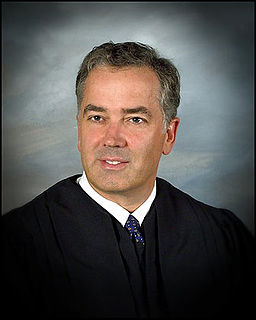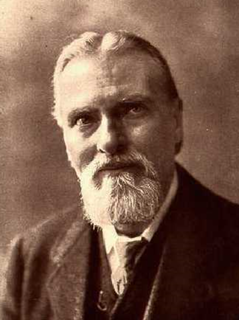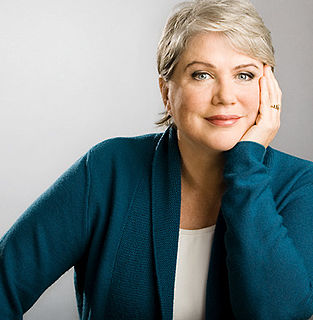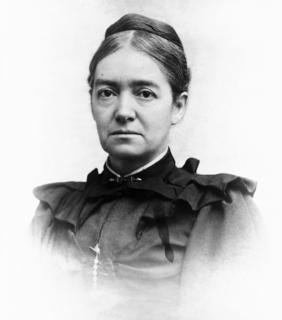A Quote by Kedar Joshi
I am 95% a theist and 5% an atheist; thus ultimately I am an agnostic.
Related Quotes
I am an atheist. There, I said it. Are you happy, all you atheists out there who have remonstrated with me for adopting the agnostic moniker? If "atheist" means someone who does not believe in God, then an atheist is what I am. But I detest all such labels. Call me what you like - humanist, secular humanist, agnostic, nonbeliever, nontheist, freethinker, heretic, or even bright. I prefer skeptic.
Yes, I think I use the term radical rather loosely, just for emphasis. If you describe yourself as atheist some people will say, Don't you mean agnostic? I have to reply that I really do mean atheist, I really do not believe that there is a god; in fact, I am convinced that there is not a god (a subtle difference). I see not a shred of evidence to suggest that there is one...etc., etc. It's easier to say that I am a radical atheist, just to signal that I really mean it, have thought about it a great deal and that it's an opinion I hold seriously.
I am an atheist, out and out. It took me a long time to say it. I've been an atheist for years and years, but somehow I felt it was intellectually unrespectable to say that one is an atheist, because it assumed knowledge that one didn't have. Somehow it was better to say one was a humanist or agnostic. I don't have the evidence to prove that God doesn't exist, but I so strongly suspect that he doesn't that I don't want to waste my time.
People are invariably surprised to hear me say I am both an atheist and an agnostic, as if this somehow weakens my certainty. I usually reply with a question like, “Well, are you a Republican or an American?” The two words serve different concepts and are not mutually exclusive. Agnosticism addresses knowledge; atheism addresses belief. The agnostic says, “I don't have a knowledge that God exists.” The atheist says, “I don't have a belief that God exists.” You can say both things at the same time. Some agnostics are atheistic and some are theistic.
Absolutists frighten me. During all the endless discussions on my blog about evolution, intelligent design, God, and the afterworld, numbering altogether thousands of comments, I have never named my beliefs, although readers have freely informed me that I am an atheist, and agnostic, or at the very least a secular humanist - which I am.
I'm not saying that atheists can't act morally or have moral knowledge. But when I ascribe virtue to an atheist, it's as a theist who sees the atheist as conforming to objective moral values. The atheist, by contrast, has no such basis for morality. And yet all moral judgments require a basis for morality, some standard of right and wrong.
When the atheist is told that God is unknowable, he may interpret this claim in one of two ways. He may suppose, first, that the theist has acquired knowledge of a being that, by his own admission, cannot possibly be known; or, second, he may assume that the theist simply does not know what he is talking about.
All I say is that I think it is damned unlikely that anything like a central cosmic will, a spirit world, or an eternal survival of personality exist. They are the most preposterous and unjustified of all the guesses which can be made about the universe, and I am not enough of a hair-splitter to pretend that I don't regard them as arrant and negligible moonshine. In theory I am an agnostic, but pending the appearance of radical evidence I must be classed, practically and provisionally, as an atheist.
I just became a stronger agnostic, and then I started to realize that everyone who was saying they were agnostic really hadn't thought about it that much. Still, I went with agnosticism for a long, long time because I just hated to say I was an atheist -- being an atheist seemed so rigid. But the more I became comfortable with the word, and the more I read, it started to stick.





































